At Auditorium Consultancy, our sustainability practices focus on creating auditorium spaces that are both environmentally responsible and energy-efficient. We incorporate sustainability into every aspect of our projects, from design to execution. Here’s a breakdown of the key elements of our sustainability approach
1. Eco-Friendly Materials
We prioritize the use of sustainable materials, such as recycled, reclaimed, or low-impact raw materials, for construction and interior finishes. These materials reduce the carbon footprint and minimize the environmental impact of each project.
Example: Using reclaimed wood for stage flooring and recycled metal for seating frameworks.
2. Energy-Efficient Lighting Systems
We design and implement lighting systems that not only provide excellent performance but also minimize energy consumption. LED lighting, smart lighting controls, and daylight integration help reduce the overall power usage in auditorium spaces.
Example: Installing LED stage lighting and motion sensors for ambient lighting in lobbies and seating areas.
3. Acoustic Solutions with Low Environmental Impact
Our acoustic treatments are designed with sustainability in mind. We use sound-absorbing panels made from eco-friendly materials, such as recycled wood wool or sustainable textiles, which provide excellent acoustic performance without harming the environment.
Example: Installing acoustic panels made from recycled materials to control sound without increasing carbon emissions.
4. Efficient HVAC Systems
Proper heating, ventilation, and air conditioning (HVAC) systems are essential for both comfort and energy conservation. We work with HVAC consultants to ensure that systems are optimized for energy efficiency, using advanced technologies like geothermal heating, air-side economizers, and energy recovery systems.
Example: Implementing geothermal HVAC systems that reduce reliance on non-renewable energy sources.
5. Water Conservation Strategies
Incorporating water-saving technologies into our auditorium designs ensures that water usage is minimized without compromising comfort. Low-flow fixtures, rainwater harvesting systems, and water-efficient landscaping are part of our sustainable water management practices.
Example: Using low-flow faucets in restrooms and integrating rainwater harvesting for landscape irrigation.
6. Waste Reduction and Recycling
Throughout the design and construction process, we focus on reducing waste by implementing recycling programs and encouraging the use of modular, prefabricated elements that generate less on-site waste. We also ensure that any construction waste is recycled or repurposed when possible.
Example: Utilizing modular seating installations that reduce material waste during assembly.
7. Sustainable Building Certifications
We strive to meet globally recognized green building standards, such as LEED (Leadership in Energy and Environmental Design) and BREEAM (Building Research Establishment Environmental Assessment Method). These certifications ensure that our projects meet rigorous sustainability benchmarks.
Example: Pursuing LEED certification for an auditorium by meeting energy, water, and material conservation criteria.
8. Long-Term Energy Savings
Our sustainability practices are not just about the immediate environmental benefits but also about long-term operational cost savings for our clients. By investing in energy-efficient technologies and sustainable designs, clients benefit from reduced energy bills and maintenance costs over the lifetime of the auditorium.
Example: Designing an auditorium with solar panels to reduce electricity costs for decades.
9. Lifecycle Sustainability
We design with the future in mind. Our consultants ensure that materials and systems are durable, easily maintained, and capable of being upgraded or recycled at the end of their lifecycle, reducing the need for replacement and minimizing environmental impact over time.
Example: Choosing long-lasting, recyclable materials for auditorium seating and fixtures.
